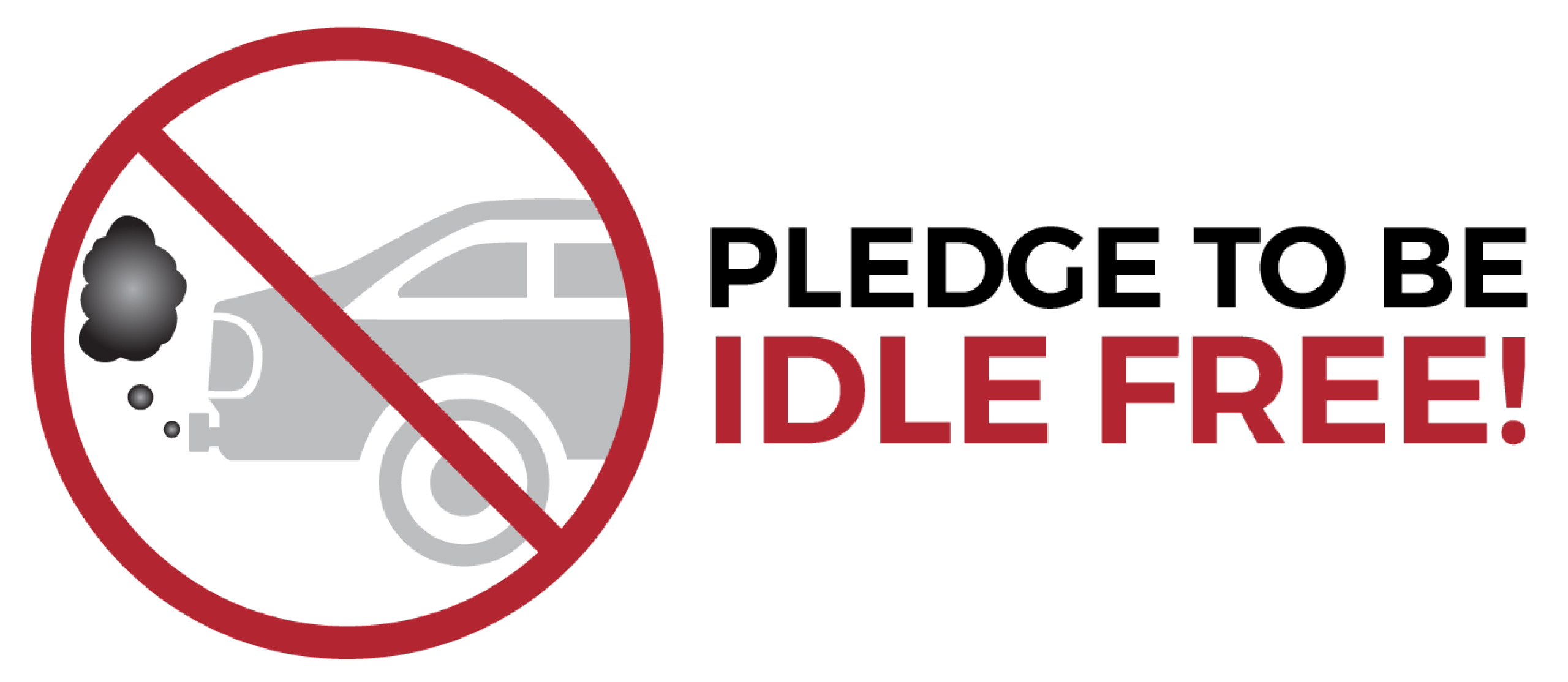 How often have you been bothered by the dark smoke that billows out of vehicles as they idle on the curb? Idling vehicles, which are basically running engines when not driving the vehicle reduce the vehicle’s fuel economy, create pollution and lead to higher risks of respiratory illnesses. The U.S. Department of Energy estimates that eliminating personal vehicle idling would be equivalent to taking nearly 5 million vehicles off the road. With estimates revealing that idling wastes an estimated 6 billion gallons of fuel each year, it’s high time that the citizens and the government get together to control vehicle idling. By doing so, we will be able to improve our health and the environment and save fuel costs.
How often have you been bothered by the dark smoke that billows out of vehicles as they idle on the curb? Idling vehicles, which are basically running engines when not driving the vehicle reduce the vehicle’s fuel economy, create pollution and lead to higher risks of respiratory illnesses. The U.S. Department of Energy estimates that eliminating personal vehicle idling would be equivalent to taking nearly 5 million vehicles off the road. With estimates revealing that idling wastes an estimated 6 billion gallons of fuel each year, it’s high time that the citizens and the government get together to control vehicle idling. By doing so, we will be able to improve our health and the environment and save fuel costs.
What does the damage include?
Idling is good for my engine, is this what you have been thinking always? False. Idling actually gums up your engine and makes it operate less efficiently. What’s the best thing to do for your vehicle? Driving is, as it moves fluids through the engines.
Emissions from vehicles lead to haze and smog, and are likely to damage cultural treasures such as monuments and historic structures. The fumes from these emissions contain harmful gases such as carbon dioxide, nitrogen dioxide, carbon monoxide and hydrocarbons that are linked to asthma and other respiratory conditions. It is believed that idling engines create up to 24 tons of sooty particles and over 130,000 tons of carbon dioxide. To offset the impact of this pollution, we would need to raise a forest that is equivalent to the size of Manhatttan. To top that, NYC drivers are wasting over $28 million every year in fuel that is burned during idling.
As a first step, take the Pledge to Be Idle Free and donate through our GoFundMe Campaign!
Impact of idling on health
There are a myriad of consequences caused by idling vehicles. Since half of the toxic pollutants in the air are caused by the number of fuel-chugging motor vehicles on the road, the air quality is a serious cause for concern. When your vehicle is idling, it emits as many harmful emissions just as a car on the go. Air pollution is directly linked to health conditions such as asthma attacks, lung disease, allergies and even cancer. It poses a greater risk for children as they inhale more air per pound of body weight and drivers tend to idle often around schools.
Anti-idling campaigns and initiatives
In order to garner public support for any idling campaign or initiative, it is important to dispel myths about idling. Read the list of myths that we are helping bust about idling in order to make NYC idle-free. It is important to let drivers know that in today’s vehicles, driving the vehicle helps the engine reach its ideal operating temperature rather than idling it. Caregivers waiting to pick up kids at school need to be informed about the means to minimize idling. Customers at drive throughs, especially restaurants and pharmacies should be encouraged to turn off their vehicles while waiting or park and go inside the store. There are several sources of information on designing an idling campaign or initiative that works for your community or school.
Our accomplishments through the years have been detailed here.
Excessive idling is against the law!
If money wasted on fuel costs and pollution that is directly linked to climate change and illnesses don’t provide enough reasons to avoid idling, you should know that some jurisdictions have laws against it. As per the NYC Administrative Code, Title 24, Section 24-163 - no person is allowed to allow his/her vehicle to idle for longer than three minutes while stopping, standing or parking. The only exceptions to this are: legally authorized emergency vehicles and any vehicle whose engine is being leveraged for loading or unloading. The permitted idling time is one minute around public and private school facilities. Failure to comply with these idling regulations might result in significant financial penalties, according to the Rules of the City of New York (RCNY) Title 15, Air Code Penalty Schedule.
Did you know that you can get paid to report idling vehicles in NYC? Read this detailed article on filing citizen complaints and the idling complaint system. Fines range from $350 for first-time offenders to $2,000 for repeat violators. Complainants who are able to file a successful first-time fine could be rewarded up to $87.50.
